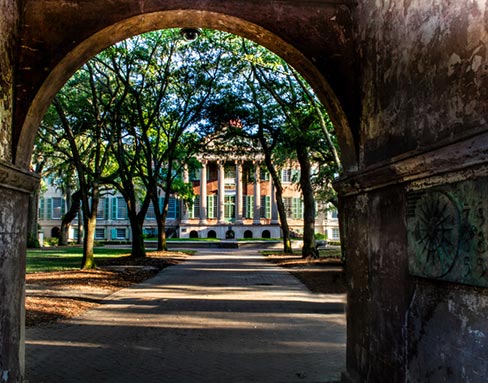
Examining ED’s Incentive Compensation Rule
Webinar
Since 1992, institutions of higher education participating in the federal student aid programs have been required to comply with the U.S Department of Education’s prohibition on incentive compensation. In simple terms, the rule prohibits institutions from providing any form of commission or bonus to individuals based on their success in covered recruiting activities or the awarding of financial aid. But as is the case with many federal regulations, interpreting and complying with the incentive compensation rule is anything but simple. Indeed, complexities rapidly arise when the rule is applied to multi-tiered organizations with varied compensation plans, bundled services agreements with third-party providers (e.g., online program managers), non-Title IV programs, or referral initiatives, to name a few. And the consequence of non-compliance can be severe.
Thompson Coburn’s Higher Education Practice is pleased to announce that the next entry in its 2020-21 Higher Education Webinar Series will explore the intricacy, and nuance, of the Department’s incentive compensation rule. On May 6, the Practice will offer a 90-minute presentation that will begin by discussing the scope, interpretation, and enforcement of the rule, how each has changed over time, and what the future may bring. The webinar then will turn to a discussion of the rule’s application to various compensation programs, bundled service agreements, and referral initiatives.
The upcoming webinar will be presented by Aaron Lacey, Chair of the Firm’s Higher Education Practice. This is an advanced topics webinar. Individuals planning to participate may wish to review the following articles prior to attendance:
Can colleges reward students and alumni for referring new students?
Can colleges compensate recruiters based on graduation rates?
CLE
The live presentation of this webinar was approved for 1.5 hours of general CLE credit in California, Illinois, and Texas and 1.8 hours of general CLE credit in Missouri. CLE credit is no longer available for this recording.
Presenter
Aaron Lacey
Please note that this is a 90-minute webinar
Originally Presented:
May 6, 2021
